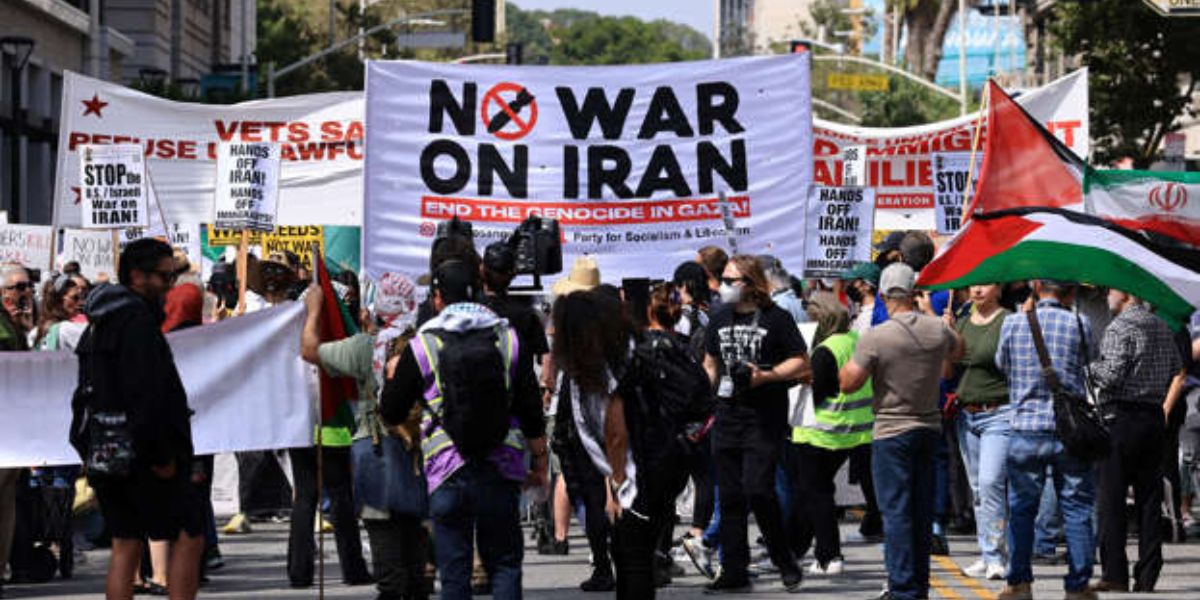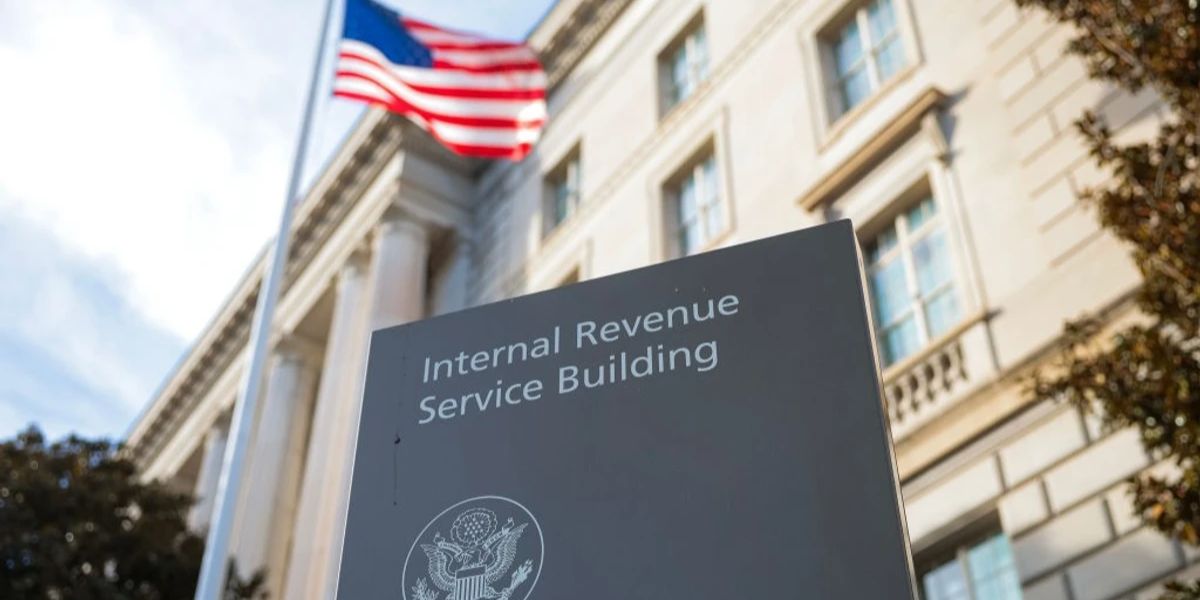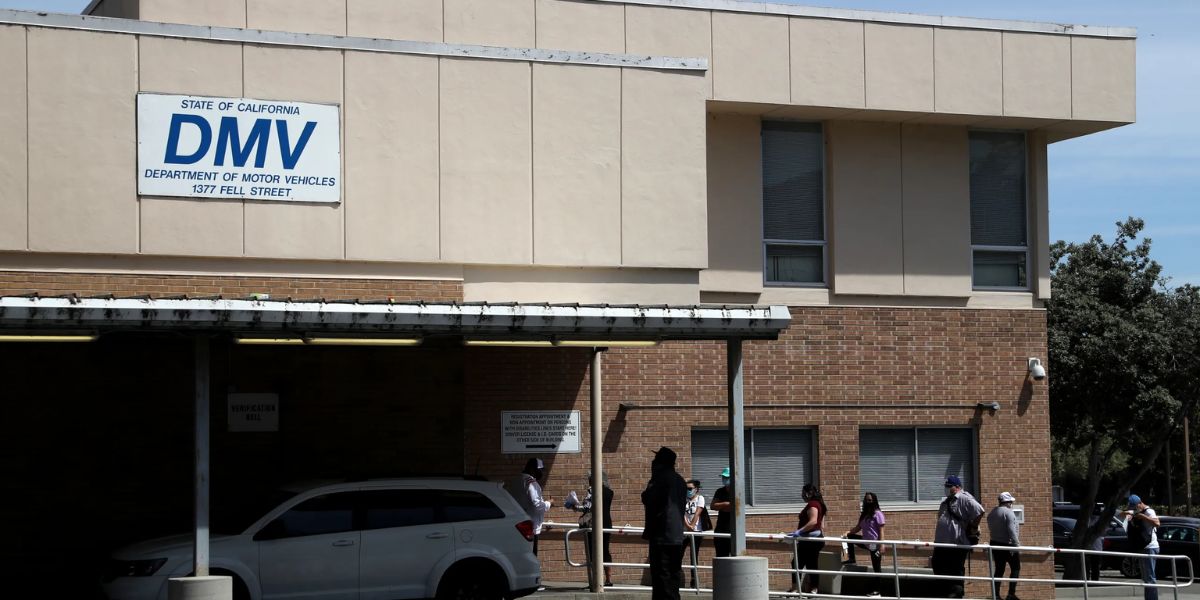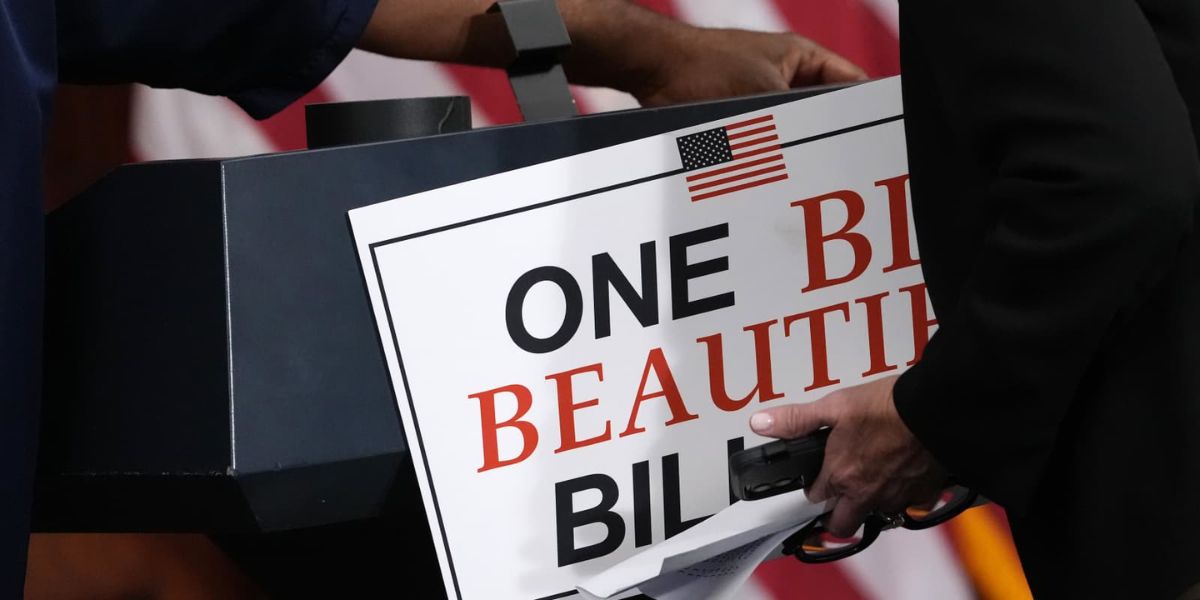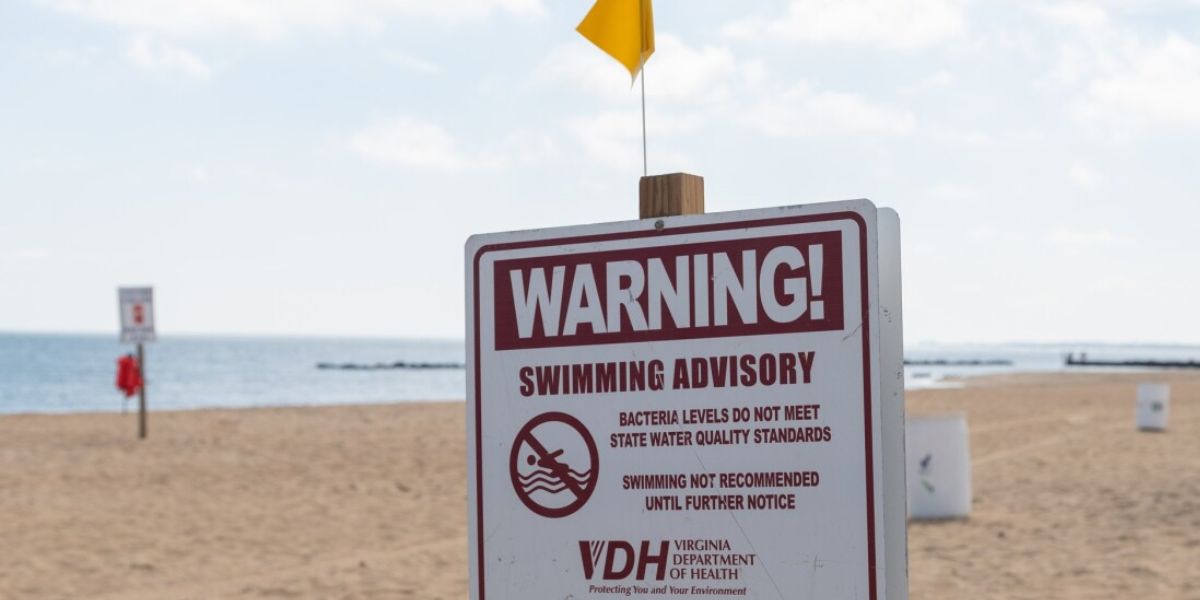WASHINGTON, D.C. — Federal agents arrested 11 Iranians living in the U.S. in recent days, officials from the Department of Homeland Security (DHS) announced on Tuesday.
The majority of the arrests were made on Sunday, following U.S. military airstrikes on key Iranian nuclear sites. President Donald Trump stated that the strikes were aimed at halting the nuclear threat posed by Iran, which he described as the “world’s number one state sponsor of terror.”
The arrests come amid rising fears of potential violence in the U.S. as the conflict with Iran escalates. Mayors from cities such as New York and Los Angeles have heightened vigilance and are monitoring any threats to public safety in light of the ongoing tensions.
The Arrests and Key Individuals Involved
Among the individuals arrested, federal officials identified several individuals with ties to Iran’s military and terrorist activities. Some of the key individuals included:
- Mehran Makari Saheli, 56, a convicted felon for illegal firearm possession and a former member of Iran’s Islamic Revolutionary Guard Corps.
- Ribvar Karimi, a former Iranian army sniper who failed to adjust his immigration status and was found in possession of an Islamic Republic of Iran Army identification card at the time of his arrest.
- Yousef Mehridehno, labeled by Homeland Security as a “suspected terrorist”, who allegedly lied on his visa application.
In addition, ICE Buffalo arrested a 65-year-old on Monday who had a criminal impersonation conviction, and ICE San Francisco arrested a 62-year-old on Sunday who had been previously sentenced to 10 years in prison for a drug conviction, federal officials reported.
Homeland Security’s Statement on the Arrests
In a statement, Tricia McLaughlin, Homeland Security Assistant Secretary, emphasized the agency’s proactive stance on national security.
“We have been saying we are getting the worst of the worst out—and we are,” McLaughlin said. “We don’t wait until a military operation to execute; we proactively deliver on President Trump’s mandate to secure the homeland.”
The arrests took place across the country, with Immigration and Customs Enforcement (ICE) offices in various states involved in the operations.
Controversy and Criticism of the Arrests
The timing of the arrests, following the airstrikes and amidst heightened tensions, has sparked criticism from some groups.
The National Iranian American Council (NIAC), a prominent Iranian American advocacy organization, expressed concerns that the Trump administration may be using immigration authorities as a tool to target political opponents based on nationality.
“We are deeply concerned that the Department of Homeland Security will respond to geopolitical tensions abroad with racial profiling and efforts to undermine the civil liberties of individuals of Iranian heritage in the United States,” said Ryan Costello, policy director for NIAC. “That is wrong and un-American. It’s threats and legitimate intelligence that need to drive these kinds of enforcement actions, not security theater.”
The Rarity of Such Arrests and Their Impact
Data from Immigration and Customs Enforcement (ICE) shows that Iranians in the U.S. are rarely targeted by immigration authorities.
Of nearly 113,500 arrests made by ICE in fiscal year 2024, only 68 were of Iranian nationals. Of those, 47 had criminal convictions, while the rest were related to immigration violations.
The 11 recent arrests represent 16% of the total number of Iranian nationals arrested in all of fiscal year 2024, signaling a significant uptick in arrests involving Iranians.
This increase in arrests raises concerns among Iranian American communities about potential racial profiling and overreach by federal authorities.
What’s Next?
As tensions between the U.S. and Iran continue to rise, many are questioning whether the actions of federal authorities are motivated by national security concerns or political expediency.
The arrests of Iranians in the U.S. are likely to be a focal point of ongoing debates about immigration policy, civil rights, and the balance between security measures and individual liberties.
What Do You Think?
Do you believe the recent arrests of Iranians in the U.S. are justified, or do they represent an overreach by immigration authorities? Should racial profiling play a role in law enforcement decisions? Share your thoughts in the comments below on RidgecrestPact.org.

